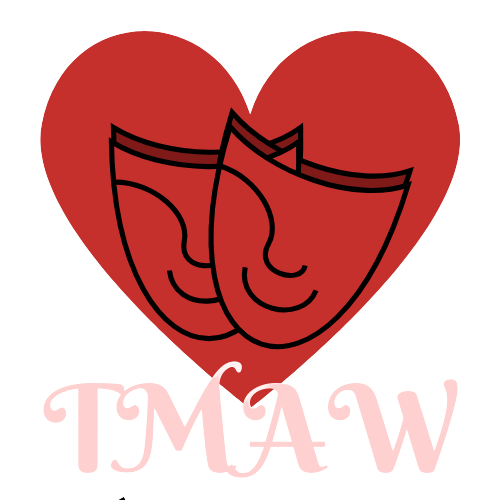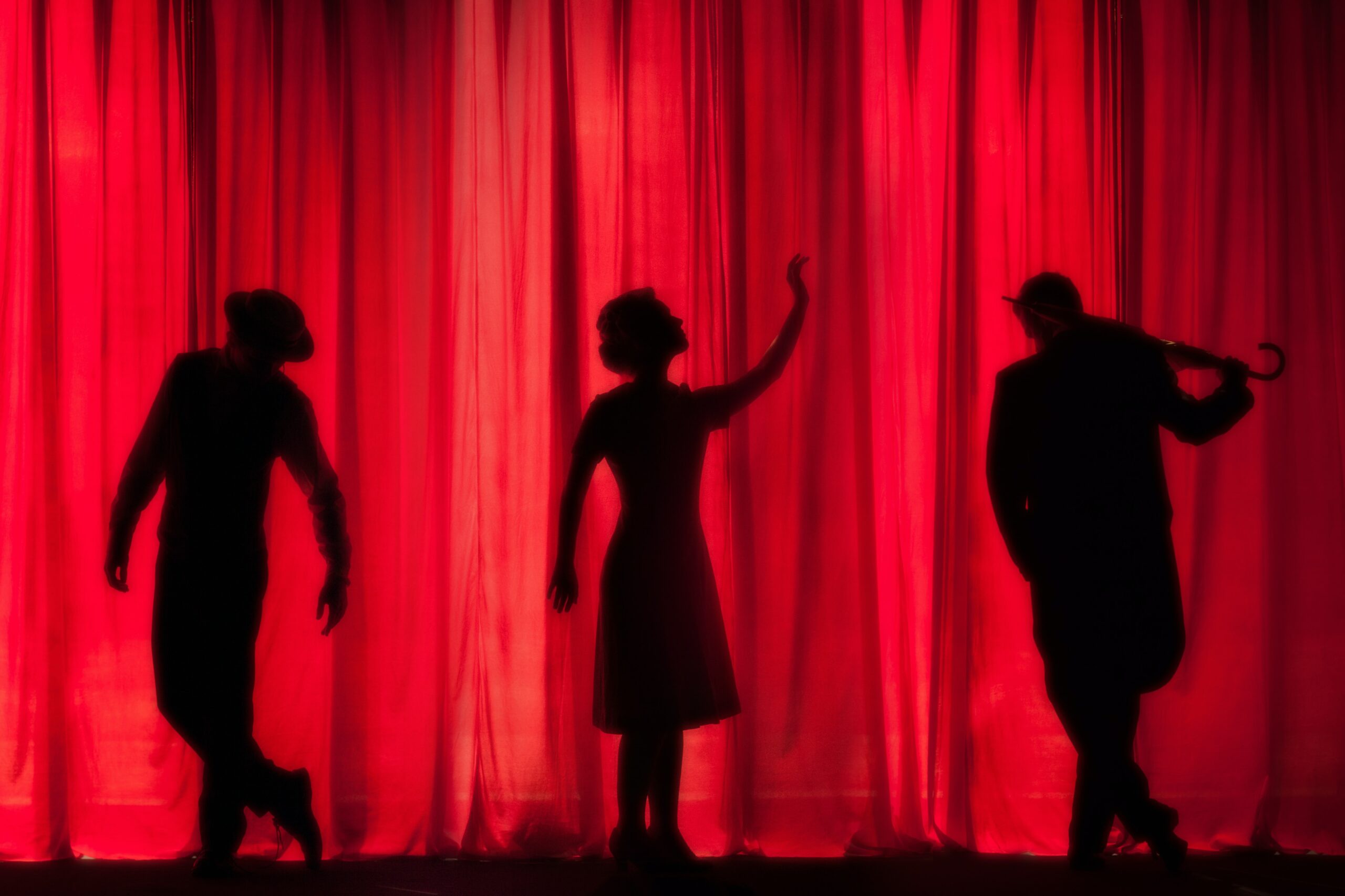
The United Kingdom's theatre
The Royal Shakespeare Theatre, which bears the playwright's name and first opened in Stratford-upon-Avon in 1932, Shakespeare, William significant aspect of British culture is theatre, and the nations that make up the UK have a thriving theatre tradition that dates back to the Renaissance and has origins in the Roman era.
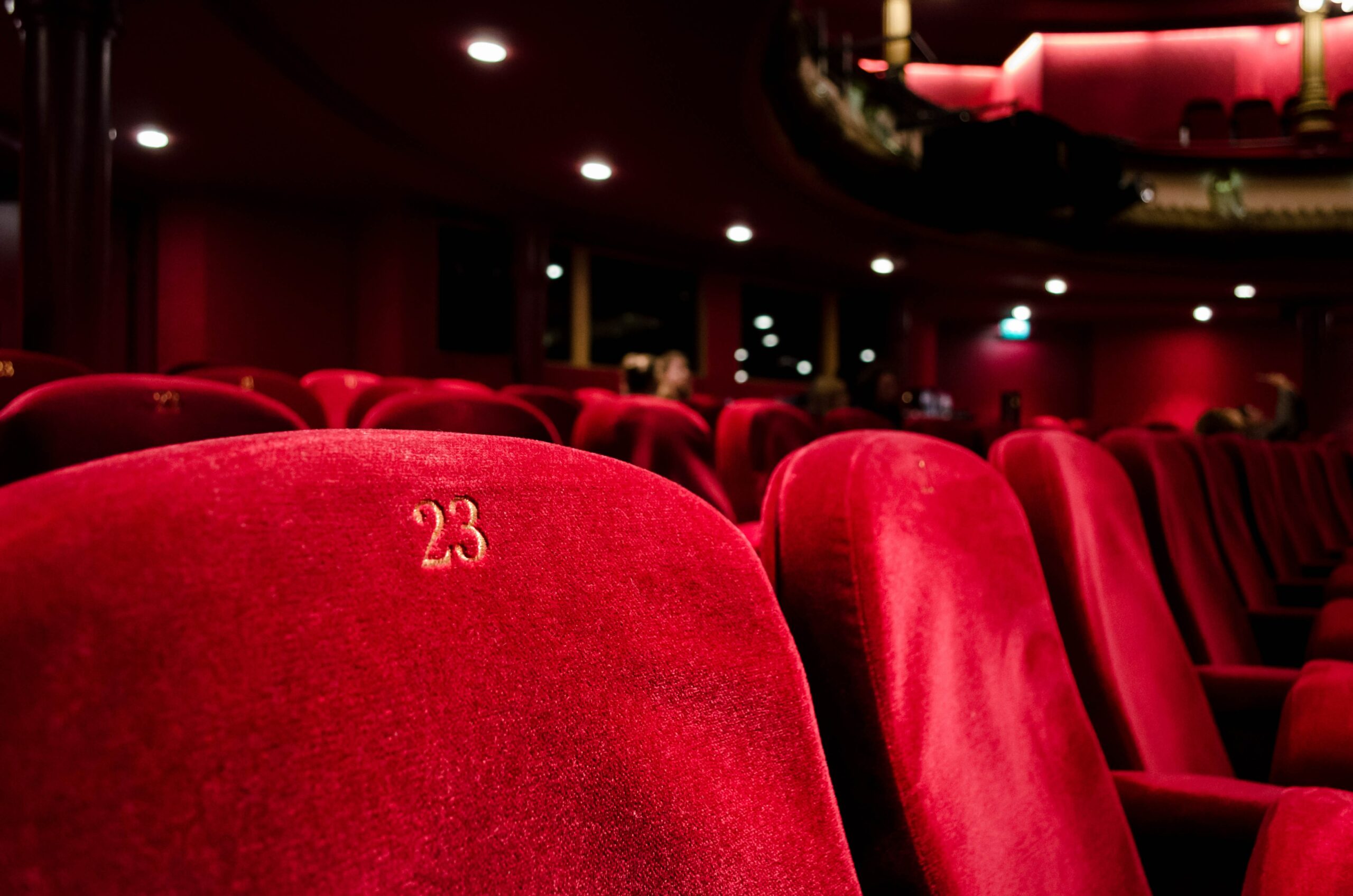
Beginnings
The Romans brought theatre to what is now the United Kingdom from Europe, and auditoriums were built all around the nation for this reason (an example has been excavated at Verulamium). The mummers' plays, an early kind of street theatre connected to the Morris dance, had emerged by the medieval era and focused on stories like Saint George and the Dragon and Robin Hood. The actors performed these traditional tales for their audiences while travelling from town to town in exchange for money and hospitality.
Theatre in the Middle Ages: 500–1500
The Players of St. Peter presented Wakefield Mystery Plays in 2005 in London. Christian-themed mystery and morality play from the middle ages were presented at religious gatherings
Theatre in the Middle Ages
An Ordinale Kernewek ("The Cornish Ordinalia"), a 9000-line religious drama written about the year 1400, is the most significant piece of literature to have survived from the Middle Cornish era.
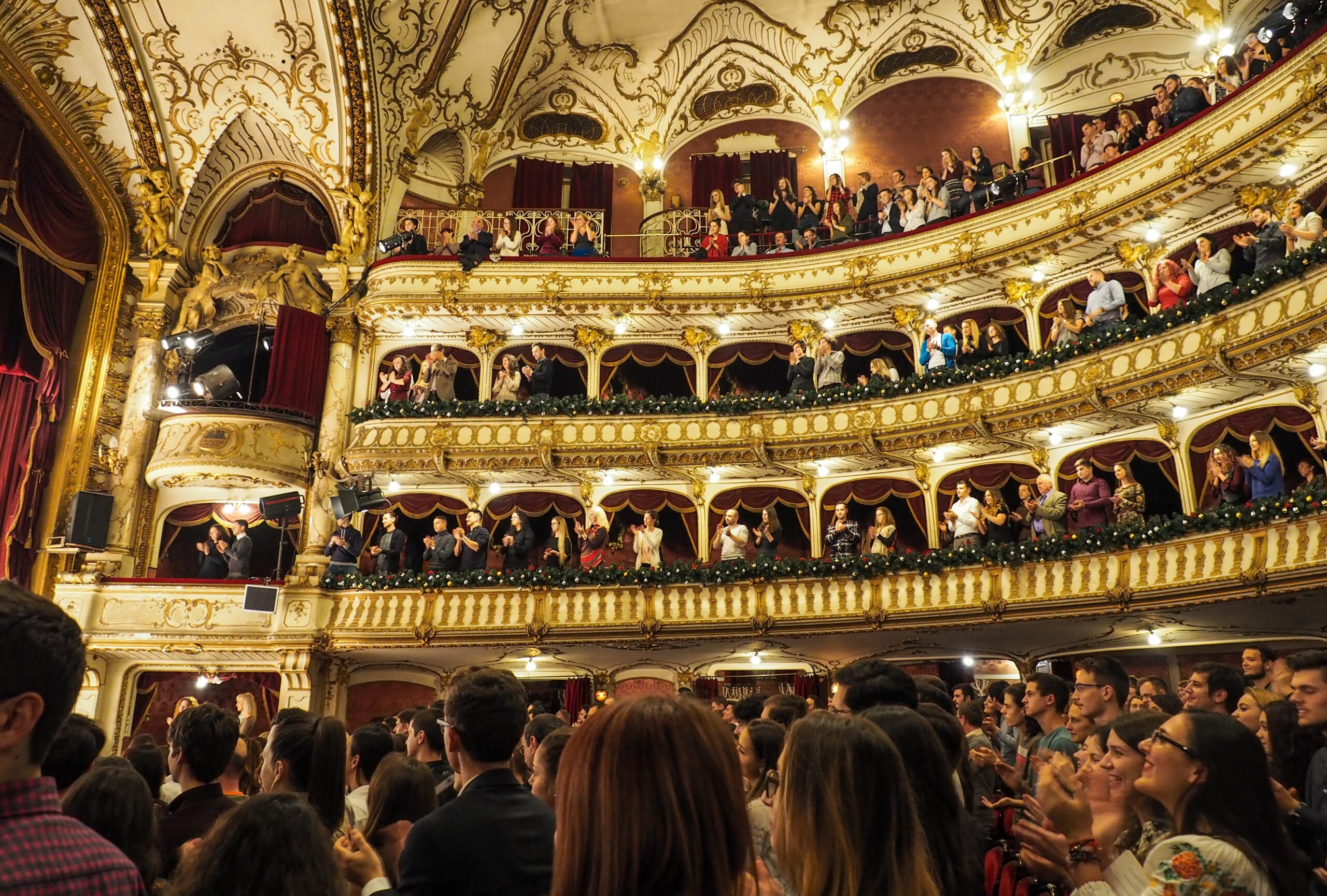
The Life of Meriasek
The play "The Life of Meriasek," which was written in 1504 but was likely transcribed from an earlier text, is the longest piece of Cornish literature still in existence. MediaTek BywnansAlthough these collections are occasionally referred to as "cycles," it is currently thought that this term may give these collections more consistency than they actually have. There are four entire or nearly complete existing English biblical collections of plays from the late medieval period. Of the forty-eight pageants, is the most comprehensive. They were featured in the York City Cycle. The themes of these biblical plays vary greatly.
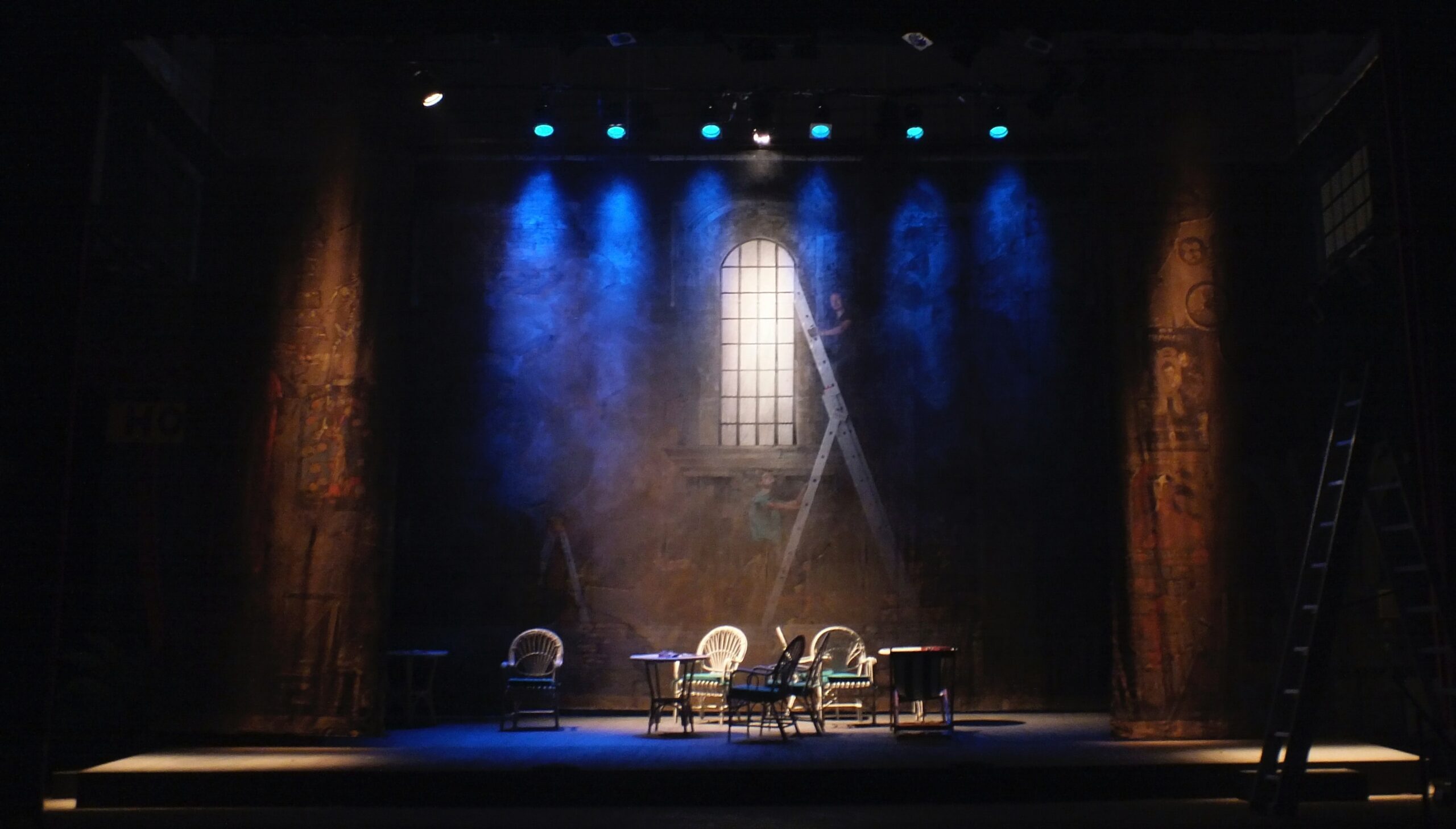
The Fall of Lucifer
The Fall of Lucifer, the Creation and Fall of Man, Cain and Abel, Noah and the Flood, Abraham and Isaac, the Nativity, the Raising of Lazarus, the Passion, and the Resurrection are among the episodes that are present in the majority of them. The tale of Moses, the Prophets' Procession, Christ's Baptism, the temptation in the wilderness, and the Assumption and Coronation of the Virgin were some of the other pageants. The newly forming Medieval craft guilds eventually began to finance the plays in certain cycles. The morality play is a form of Medieval and early Tudor theatrical entertainment that evolved out of the religiously-themed mystery plays of the Middle Ages and signalled a shift towards a more secular basis for the European theatre. These plays were referred to in their era as "interludes," a term used to refer to dramas with or without a moral subject.
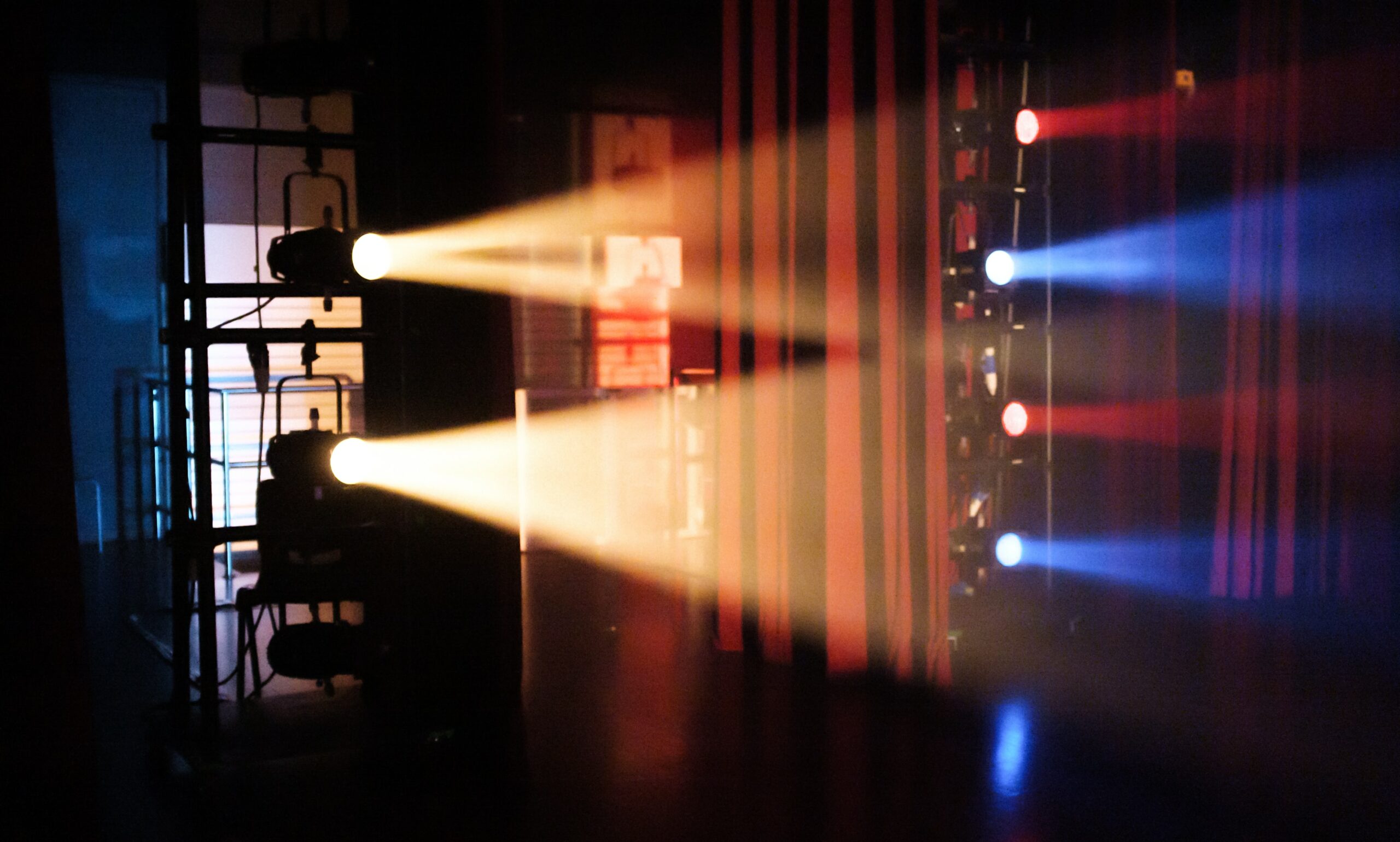
Renaissance theatre, from 1500 to 1660
The play and all the arts flourished during Elizabeth I's reign in the late 16th and early 17th centuries. Around 40 of William Shakespeare's plays, who is arguably the most well-known playwright in history, are still performed in theatres today. Tragedies such as Hamlet (1603), are among them. The Italian model piqued the interest of English playwrights: a noticeable number of Italian actors had emigrated to London.
